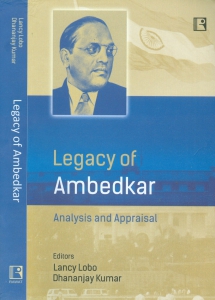
This collection of essays examines the legacy of Dr. B.R. Ambedkar with regard to his ideas of social democracy, eradication of caste system, formation and strengthening of constitutional institutions, and the role of religion and caste in a democracy. This volume is not a eulogy for Ambedkar, but an analytical attempt to look at his contributions and failures. The primary objective of the volume is to assess Ambedkar from a detached, unbiased and objective view in the light of changing contemporary India.
The volume is organized into four parts. Part I discusses the strengths and limitations of Ambedkar's social, political and constitutional thoughts. It also demonstrates some of his ignored ideas such as the moral dimension of the Constitution. Part II deals with Ambedkar's idea of caste annihilation and his efforts for restoration of constitutional rights for the marginalized. Part III exemplifies his contribution to the development of the Indian Constitution, and his approach that the Constitution is not just an outcome of political revolution but also a product of research and deliberations. Part IV assesses the significance of Ambedkar's social, political and economic thoughts in the present era of globalization. The volume also illustrates some of his overlooked but relevant thoughts such as his idea of a training school for the budding politicians, his notion of social transformation, his approach to equity and justice in the neo-liberalized era, and his proposal to study neo-Buddhist values in the society. This stimulating volume, with its innovative analysis, will interest all those in the fields of Political Science, Sociology, Dalit Studies, and Ambedkar Studies.

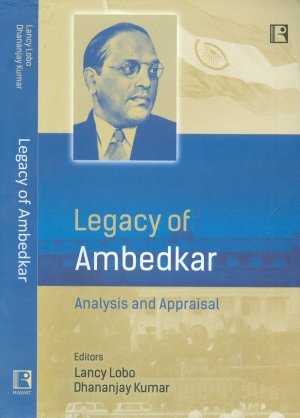

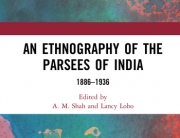
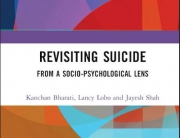
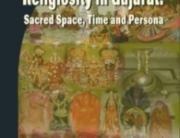
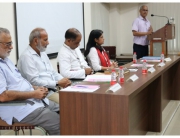
Add Comment